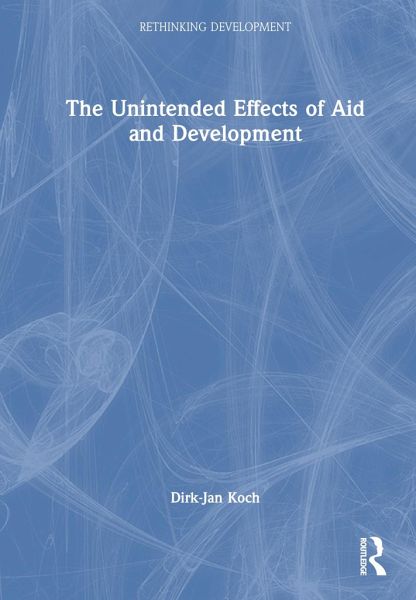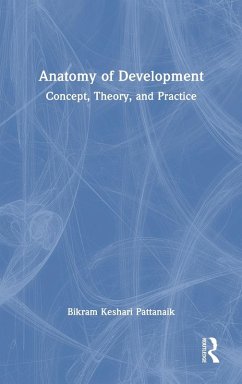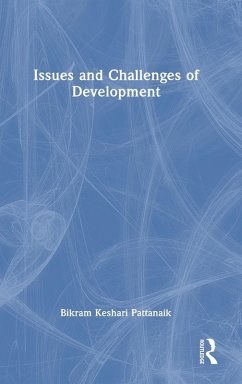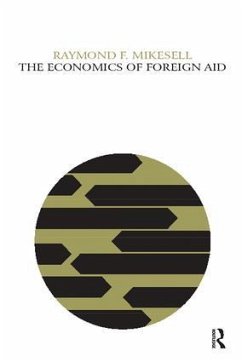
Foreign Aid and Its Unintended Consequences
Versandkostenfrei!
Versandfertig in 1-2 Wochen
168,99 €
inkl. MwSt.
Weitere Ausgaben:

PAYBACK Punkte
84 °P sammeln!
Foreign aid and international development frequently bring with it a range of unintended consequences, both negative and positive. This book delves into these consequences, providing a fresh and comprehensive guide to understanding and addressing them. The book starts by laying out a theoretical framework based on complexity thinking, before going on to explore the ten most prevalent kinds of unintended effects of foreign aid: backlash effects, conflict effects, migration and resettlement effects, price effects, marginalization effects, behavioural effects, negative spillover effects, governan...
Foreign aid and international development frequently bring with it a range of unintended consequences, both negative and positive. This book delves into these consequences, providing a fresh and comprehensive guide to understanding and addressing them. The book starts by laying out a theoretical framework based on complexity thinking, before going on to explore the ten most prevalent kinds of unintended effects of foreign aid: backlash effects, conflict effects, migration and resettlement effects, price effects, marginalization effects, behavioural effects, negative spillover effects, governance effects, environmental effects, and ripple effects. Each chapter revolves around a set of concrete case studies, analysing the mechanisms underpinning the unintended effects and proposing ways in which policymakers, practitioners, and evaluators can tackle negative side effects and maximize positive side effects. The book also includes personal testimonies, a succinct overview of unintended effects, and suggestions for further reading. Providing a clear overview of what side effects to anticipate when planning, executing, and evaluating aid, this book will be an important resource for students, development practitioners, and policymakers alike.














